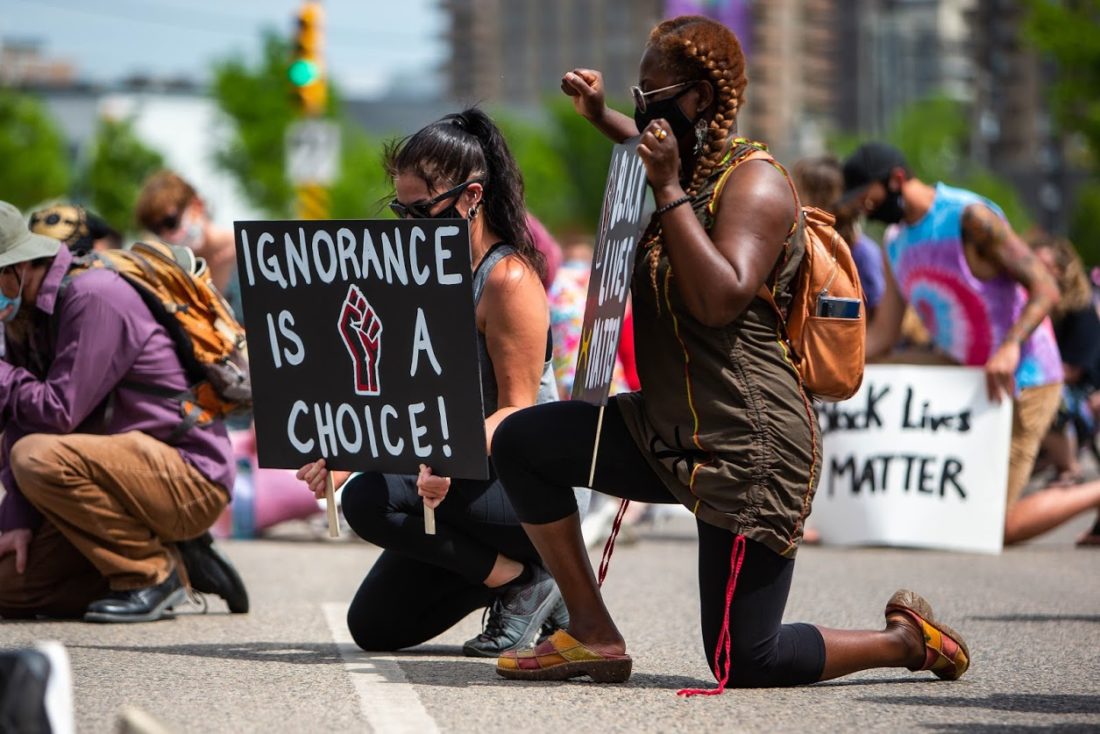
In the midst of the COVID-19 pandemic and the Black Lives Matter movement, you may experience burnout from activist work.
This feeling can come alongside exhaustion, a symptom of burnout. Excessive and prolonged stress cause burnout, and it is often coupled with depression and anxiety. Other signs of activist burnout include self-doubt and disillusionment with activism, which can ultimately lead to perceiving activist efforts as ineffective from the lack of progress.
Self-care is crucial for activists. It is even more important if you are gender non-conforming, queer or a person of colour because you’re at a higher risk of burnout This is because you may also be dealing with discrimination and oppression, which makes it extremely difficult to constantly fight against inequality.
Activism and social justice work can often be a thankless job — slow changes and the barriers to progress can get discouraging. These barriers could include difficulties within the organization, fear of backlash from your employer, threats and potentially dangerous protests.
Researchers found that activists are more vulnerable to feel burnout because of the amounts of emotional labour activists put into their work. Activists whose work is tied to causes including labour rights, racial justice, gender justice, peace or queer justice, are considered to be especially at high risk of burnout.
The unfavourable outcome is that activist burnout can significantly hinder the progress of social justice movements.
Paul C. Gorski and Cher Chen provide a useful resource for understanding the causes and consequences of activist burnout in a 2015 academic article from Educational Studies.
The article finds that symptoms of burnout negatively impact the health of activists and also threatens the efficacy of the movement. Alongside burnout symptoms there can be a culture of “martyrdom” in social justice organizations which creates a negative environment.
In this environment, individuals are encouraged to prioritize selflessness over their own well-being leading to a toxic culture that is critical of those taking a break to focus on themselves.
Another great resource is the well-being workbook Staying Resilient While Trying to Save the World by Amnesty International. This book includes exercises and stories that help prevent burnout for activists including “Managing and Addressing Microaggressions” and “Spotting Burnout.”
There are several ways to prevent burnout.
One way is by working on balance and finding time to recharge when dealing with the stress of activist work. You can do this by learning to recognize when you’re stressed and anxious and taking active efforts to step back and look inwards.
Another way to prevent burnout is by learning how to cope with your stress and take steps to prevent it. Whether you’re already burnt out or trying to prevent it, it is always good to talk to someone. It could be a friend, mentor or therapist.
Above all, the most important thing to remember is that you do not have to carry the weight of the world on your shoulders.
It is important to remind yourself to rest and take care of your own well-being while doing activism work. It’s okay to say no. It’s okay to sleep in and miss a meeting, protest or rally. You are allowed to take a break.
A flight attendant will always remind you to put your oxygen masks on first before helping anyone else. This concept applies to activism work — you can’t help anyone properly if you don’t look after yourself first
Aqsa Hussain is the chair of the Amnesty International campus group at the University of Saskatchewan.
—
Aqsa Hussain | Contributing Reporter
Photo: Nicholas Saretzky | Contributing Photojournalist
Leave a Reply